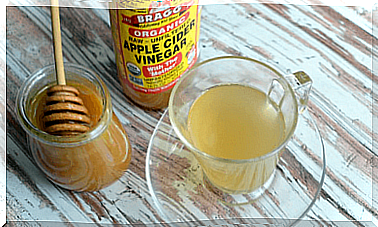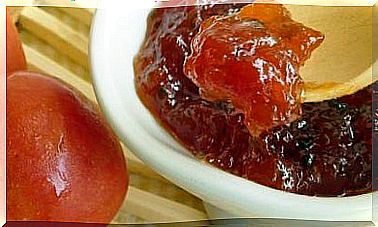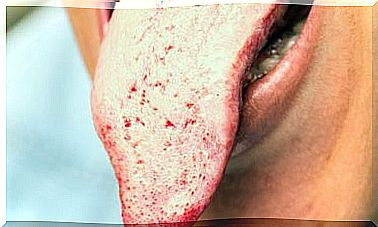Food Additive Allergy: Symptoms And Treatments
Although data is still scarce, it is known that there are a significant number of cases of allergy to food additives. This allergy is not a simple intolerance, but causes immune reactions that could be life-threatening.

Allergy to food additives is a problem that often goes unnoticed because it is confused with an intolerance to some food. The truth is that these are different phenomena, although they have a common origin and present similar symptoms.
In food intolerance, the digestive system becomes irritated because the person has difficulties to properly assimilate a food or food additive. In allergy to food additives and food in general, the immune system overreacts and can be life-threatening.
The general population pays more attention to food intolerances or allergies than to allergies to food additives. This is because the latter substances are present in most processed foods, but those who consume them are unaware of their harmful potential.
Food additives
Food additives are substances that are added to processed foods during their manufacture. They allow the food to be modified in terms of flavor, texture, color, aroma or shelf life, among others. These substances are added with the approval of the health authority and must appear on the product label.
An allergy to food additives occurs when the body identifies one of these substances as potentially dangerous. An immune reaction is then generated to attack this additive, with symptoms that can become very serious.
Symptoms of allergy to food additives

The symptoms of allergy to food additives can be very varied. However, the most frequent are those of a respiratory nature , especially asthma and rhinitis; and those of a cutaneous order, mainly urticaria and the various forms of dermatitis.
Symptoms can progress to a serious reaction called anaphylaxis, which is life-threatening. This occurs quickly and violently. It is due to the massive release of histamine and other substances. It leads to constriction of the airways and eventually death.
Currently, it is believed that between 5 and 10% of cases of chronic urticaria are due to allergy to food additives. However, the figure could be higher. As of today, there are several limitations to the diagnosis of this problem. In general, intolerance to certain foods can be a suspicious sign that should be checked by the allergist.
Potential risk of some additives
Any food additive can cause adverse reactions, but some of them have a higher potential risk. They are as follows:
- Antioxidants. Cases of urticaria and atopic dermatitis have been reported due to the ingestion of foods with industrial antioxidants. In few cases it produces bronchospasm.
- Sulfur dioxide and sulphites. Sulfites can cause respiratory symptoms such as rhinitis or exacerbation in asthmatics. They could also cause contact dermatitis, hives, or digestive problems.
- Nitrates and nitrites. They are associated with the aggravation of atopic dermatitis and cases of severe allergic reactions.
- Benzoic acid and benzoates. They are the additives most related to allergic reactions. They cause exacerbation of atopic dermatitis and asthma, urticaria, headache, migraine, concentration difficulties and hyperactivity.
- Methylcellulose. It is related to adverse reactions at the gastrointestinal level.
- Gelatin E441. It is a thickener that can cause severe allergic reactions.
- Guar gum and tragacanth gum. The former can cause gastrointestinal problems. The second can exacerbate atopic dermatitis or cause hives.
- Monosodium glutamate. It can cause severe allergic reactions.
- Dyes. They can cause mild, medium, or rarely severe allergic reactions.
Treatments

There is no effective treatment for allergy to food additives, other than eliminating them from the diet. However, this could be somewhat difficult, since today many foods have additives with allergic potential.
Also, additives are sometimes not identified by name, but by a reference number. It is important to inquire about the name of the components that correspond to that number or code. The best measure, then, is to avoid precooked or prepared foods of industrial origin.
The less industrially processed a food is, the less additives it will contain. The best diet is the one that uses fresh food, of natural origin. In addition to this, it is important to avoid the consumption of foods in which the nutritional information is not clear. In those cases, it is best to refrain from trying them.








